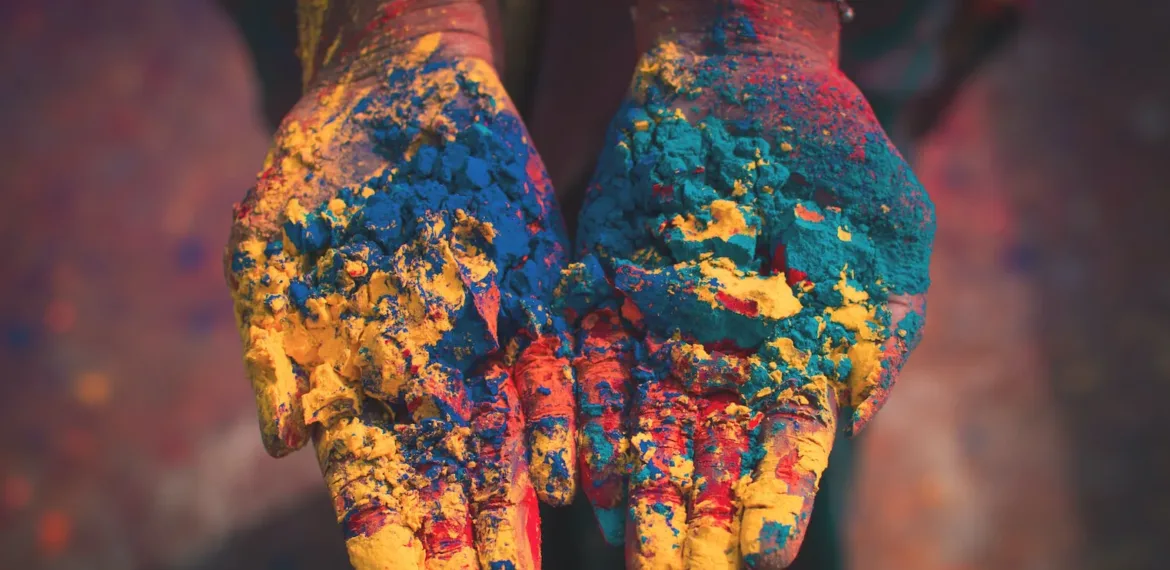Ivory Coast: Embrace the Rich Culture and Avoid Cultural Faux Pas.
ROAMOPEDIA
Ivory Coast's Culture
Exploring Ivory Coast: Understanding the Traditions, Customs, Language, and Etiquette for a Richer Travel Experience

- Home
- /
- Country
- /
- Ivory Coast
- / Exploring Ivory Coast: Understanding the Traditions, Customs, Language, and Etiquette for a Richer Travel Experience
Related
All related contents.
Related Posts
Discover paradise at Ivory Coast’s Assinie and Mafia Island.
Experience the energy and beauty of Ivory Coast in Abidjan.
Discover the charm of Ivory Coast’s Grand-Bassam Beach – a tranquil blend of history and relaxation.
Discover the vibrant culture and flavors of Ivory Coast at Treichville Market.
Discover the grandeur of Ivory Coast’s Basilica of Our Lady of Peace in Yamoussoukro.
Tagline: Discover the vibrant city of San-Pédro, Ivory Coast’s hidden gem.
Discover the cultural richness of Ivory Coast’s Grand-Bassam.
St. Paul’s Cathedral: A Modern Icon of Faith and Unity in Ivory Coast’s Abidjan
Discover the vibrant history and culture of Ivory Coast at Abidjan National Museum.
Ivory Coast’s cultural and political hub: Yamoussoukro, where history and architecture meet.
Ivory Coast’s Presidential Palace: A breathtaking display of opulence and serenity in Yamoussoukro.
Discover the wild side of Ivory Coast at Parc National de la Comoé in Korhogo.
Discover the beauty and culture of Ivory Coast in Man Man.

Uncovering the Best of Ivory Coasts Wildlife and Nature
Ivory Coast’s Parc National du Banco: Lush rainforest reserve, perfect for hiking and wildlife spotting.
Ivory Coast’s Parc National de Taï – Where Wildlife and Flora Thrive.
Ivory Coast’s Les Cascades de Man: A serene oasis for nature lovers.
Budgeting for Ivory Coast: Average Costs for Accommodation, Meals, and Activities
Discover the lush beauty of Ivory Coast’s Jardin Botanique de Bingerville.
Discover the vibrant culture and natural wonders of Korhogo, Ivory Coast.
Experience the heart of Ivory Coast in Bouaké – where culture, nature, and fun collide.
Assinie: Experience the best of Ivory Coast’s beach paradise.
Experience the pulse of modern Africa in Ivory Coast’s Plateau district.
Ivory Coast’s La Dent de Man: An adventure seeker’s paradise with stunning vistas and challenging trails.
Discover the beauty of African wildlife at Zoo National d’Abidjan, Ivory Coast’s top destination for nature lovers.
Related
Related contents and articles.
Related Posts
- Print
- Share
- +-Font Size